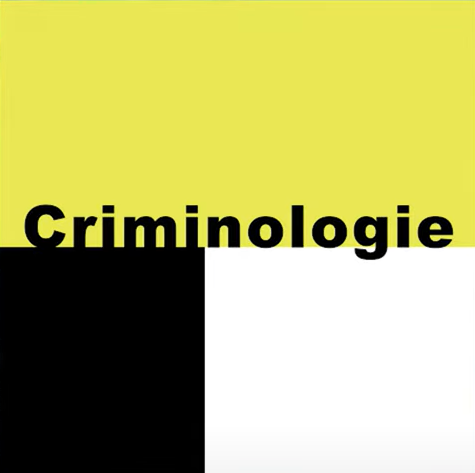For most federally incarcerated people, the Admission and Release (AR) area is the first step upon arrival in a Canadian penitentiary. Many enter the A&R area with mixed feelings of fear, anxiety and anticipation, resulting in powerful emotional memories of this environment. Through qualitative data collected in 57 semi-structured interviews with federally sentenced individuals, we explore the emotional geographies of AL as experienced by participants. Our analysis focuses on participants' experiences in the AL areas of Millhaven Institution in Bath and Grand Valley Institution in Kitchener - two maximum-security penitentiaries in Ontario, for men (Millhaven) and women (Grand Valley). We highlight how AL spaces shape individuals' early experiences of incarceration, for better or worse. More specifically, we argue that AL spaces, and in particular the admission procedures taking place in these spaces, correspond to a "status degradation ceremony" to use Garfinkel's (1956) appellation, whose aim is not only to humiliate the criminalized person, but also to reconstitute his identity as an inferior being. Indeed, while the admission process actively reproduces a ceremony of status degradation, transforming the free citizen into a criminalized subject, we argue that the release process does not fully restore his identity or status, and that the stigma persists as an emotional burden.
This twenty-third episode interviews Sophie Lachapelle & Jennifer M. Kilty.
Read the article on Érudit: https://doi.org/10.7202/1107596ar

Attention - Votre version d'Internet Explorer est vieille de 21 ans et peut ne pas vous offrir une expérience optimale sur le site du CICC. Veuillez mettre à jour votre ordinateur pour une expérience optimale. Nous vous recommandons Firefox ou Chrome, ou encore ChromeFrame si vous êtes dans un environnement corporatif ou académique dans lequel vous ne pouvez pas mettre à jour Internet Explorer.